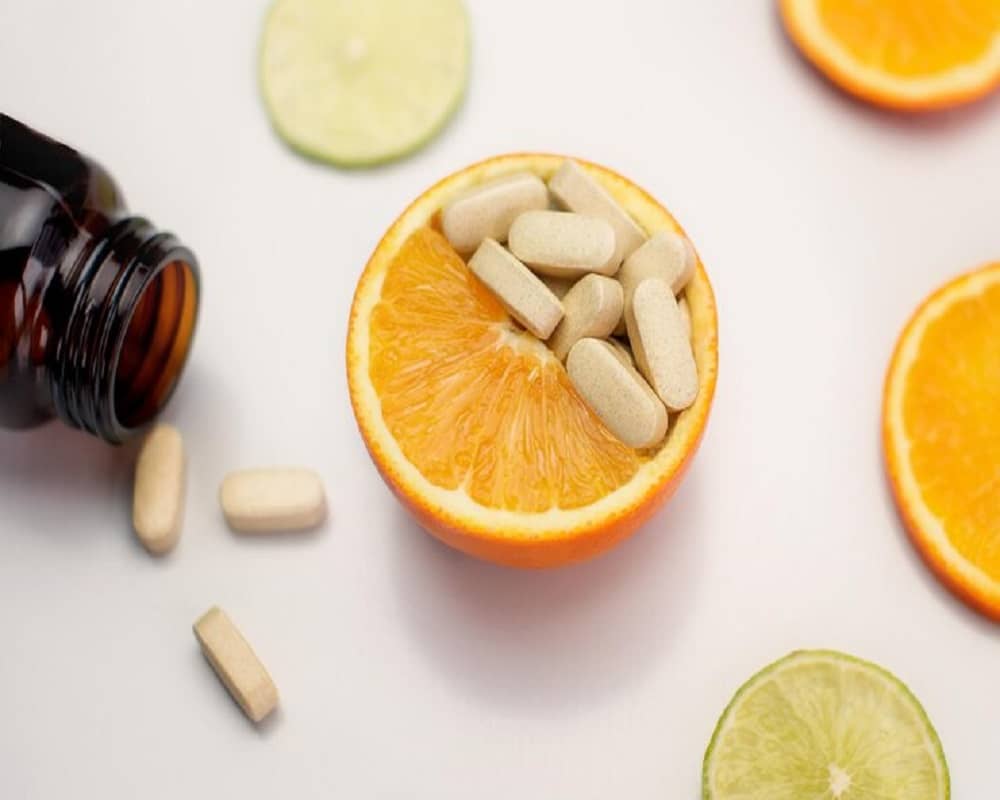Keeping your immune system strong is essential for staying healthy and preventing infections. One of the most effective ways to support your immune health is by ensuring your body gets the best immune system vitamins. These vitamins work together to protect the body, fight off illnesses, and promote quicker recovery.
In this article, we’ll explore how vitamins support immunity, highlight the best ones to include in your routine, and answer some common questions about immune-boosting nutrients.
Why Vitamins Are Important for Immunity
Vitamins play a vital role in various bodily functions, especially in maintaining a healthy immune system. They help produce white blood cells, act as antioxidants, and support the skin barrier, which is your body’s first line of defense.
By consuming a balanced diet or taking quality supplements, you can ensure your immune system functions efficiently year-round.
Top 5 Best Immune System Vitamins
Let’s dive into the most powerful vitamins that are known to boost immunity:
1. Vitamin C – The Immune Superhero
Probably the most well-known immune-boosting vitamin is vitamin C. White blood cells are essential for battling infections, and it increases their production. As a powerful antioxidant, it also protects cells from harmful free radicals.
Food sources: Bell peppers, broccoli, kiwis, oranges, and strawberries.
Daily recommendation: 65–90 mg for adults.
2. Vitamin D – The Sunshine Vitamin
Vitamin D plays a crucial role in immune modulation. Low levels of this vitamin have been linked to increased susceptibility to infections. Since it’s hard to get enough from food alone, sunlight exposure or supplements are often necessary.
Food sources: Fatty fish, egg yolks, fortified milk, and cereals.
Daily recommendation: 600–800 IU for adults.
3. Vitamin A – The Barrier Builder
Vitamin A helps maintain the health of the skin and mucous membranes – your body’s natural barriers against viruses and bacteria. It also plays a role in the development of white blood cells.
Food sources: Carrots, sweet potatoes, spinach, and liver.
Daily recommendation: 700–900 mcg RAE for adults.
4. Vitamin E – The Antioxidant Defender
Vitamin E supports immune function by acting as a potent antioxidant. It protects cells from oxidative stress and enhances the body’s natural immune response.
Food sources: Nuts, seeds, spinach, and vegetable oils.
Daily recommendation: 15 mg for adults.
5. Vitamin B6 – The Immune Supporter
Vitamin B6 is essential for biochemical reactions in the immune system. It also helps the body produce antibodies, which are proteins that protect against pathogens.
Food sources: Chicken, bananas, fortified cereals, and chickpeas.
Daily recommendation: 1.3–1.7 mg for adults.
How to Include These Vitamins in Your Diet
The majority of immune-boosting vitamins may be obtained from a well-balanced diet, but supplements can help make up the difference. Here are some tips to ensure you’re getting enough:
- Eat the rainbow: Include a variety of fruits and vegetables in your meals.
- Choose fortified foods: Look for cereals, plant-based milks, or juices fortified with vitamin D and B vitamins.
- Consider supplements: Talk to a healthcare provider about taking a multivitamin if your diet lacks essential nutrients.
FAQs About Best Immune System Vitamins
Q1. Can I take multiple immune system vitamins together?
Yes, many people take multivitamins that include several immune-boosting nutrients. However, avoid exceeding recommended daily allowances, especially for fat-soluble vitamins like A, D, and E.
Q2. Are supplements better than food sources?
Food sources are generally preferred because they offer additional nutrients and fiber. However, supplements are beneficial if your diet lacks certain vitamins or if you have absorption issues.
Q3. How long does it take for vitamins to improve immunity?
It can take a few weeks of consistent intake for your body to feel the effects. Immune health is a long-term commitment, not an overnight fix.
Q4. What happens if I take too many immune vitamins?
Toxicology can result from over consumption, particularly of fat-soluble vitamins. Fatigue, nausea, and even organ damage are possible symptoms. Unless a doctor instructs you otherwise, always take the prescribed dosage.
Q5. Who needs immune-supporting vitamins the most?
Older adults, people with chronic illnesses, pregnant women, and those with limited sun exposure or poor diets may benefit most from immune-boosting vitamins.
Final Thoughts
Supporting your immunity starts with nutrition. By incorporating the best immune system vitamins into your daily routine through food and supplements, you give your body the tools it needs to defend itself. From vitamin C’s infection-fighting powers to vitamin D’s immune-regulating effects, these nutrients form a solid foundation for health and resilience.
Whether you’re trying to prevent seasonal colds or strengthen your long-term immunity, don’t overlook the power of vitamins. Eat well, stay active, and consult a healthcare provider to find the right vitamin balance for your needs.
